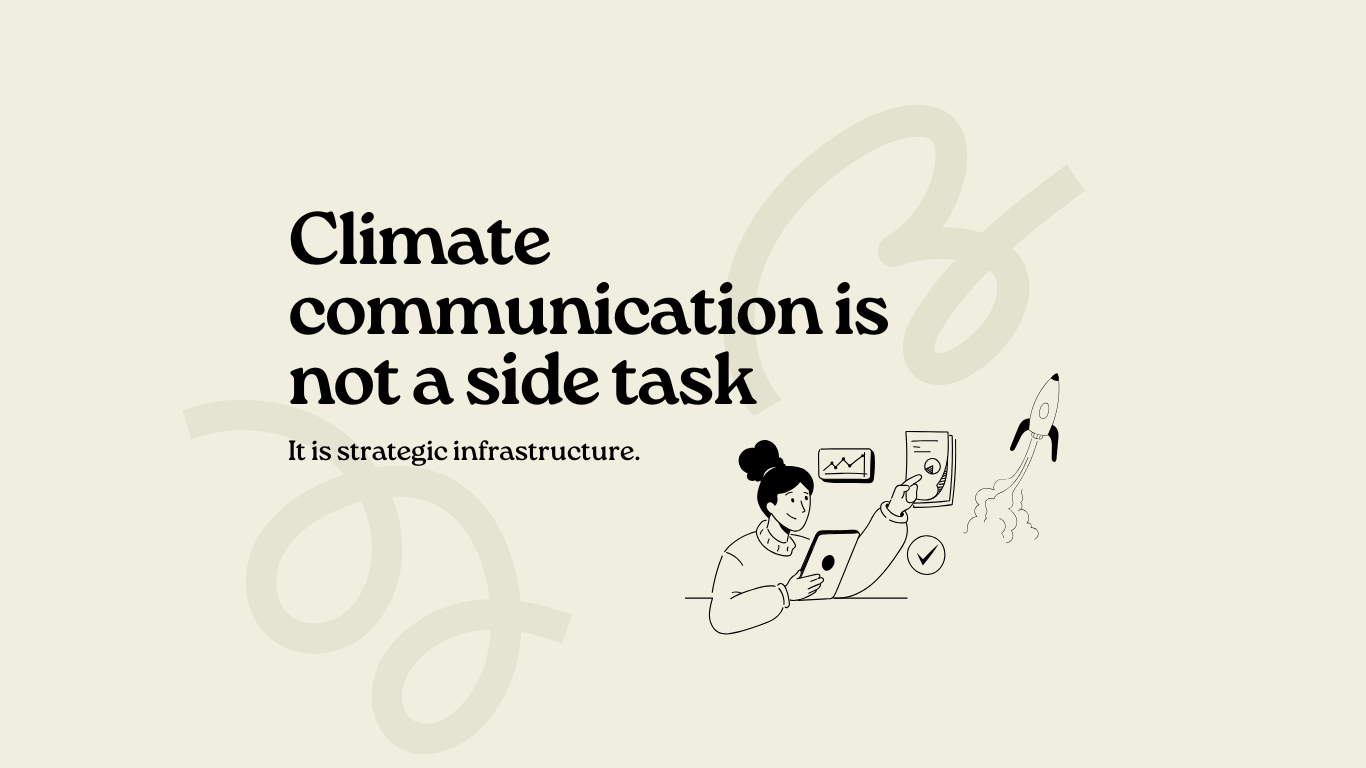ICJ issues landmark legal advice on climate change
If you’ve been offline on holidays or just disconnected from the news for mental health, here’s what you need to know before diving back into work: the rules of the climate game just changed.
On 23 July 2025, the International Court of Justice (ICJ) issued a historic advisory opinion stating that failing to act on climate change can amount to an internationally wrongful act.
This is not just a footnote in climate diplomacy. It’s the clearest legal signal yet that states and potentially companies could be held legally accountable for climate inaction and harm.
Five Things You Need to Know about the ICJ’s Climate Advice
1. The Law Now Has Climate Teeth
For the first time, the world’s top court clarified that existing international law already requires states to prevent climate harm, reduce emissions, and protect human rights threatened by climate change. These obligations are rooted in the Paris Agreement and the UNFCCC, the UN Convention on the Law of the Sea, and other international human rights law.
Importantly, the Court declared that a clean, healthy, and sustainable environment is a human right. This is no longer soft language—it’s legal interpretation.
2. It’s About Due Diligence, Not Just Emissions
States won’t be liable just because they emit. But they can be liable if they fail to act with due diligence—for example, by not regulating major emitters or by ignoring foreseeable harm.
This sets a clear standard: climate risk management is now a legal duty.
3. Reparations Are on the Table
The opinion lays out that if a state causes significant harm by breaching its obligations, it may need to make reparations. That includes restoring the environment, compensating for damage, or providing other remedies.
For vulnerable countries—and communities—this could fuel new legal demands for climate justice and finance.
4. Yes, It’s “Just” Advisory—But Not Just Anything
The ICJ opinion is non-binding. But its weight is considerable:
- It will shape future litigation, including national court cases.
- It strengthens the legal basis for climate action as a human rights duty.
- It gives political cover to governments and institutions pushing for tougher measures.
Think of it as a global benchmark. One that lawyers, judges, policymakers, and campaigners will now cite—and that no serious actor can ignore.
5. Will This Mark a “Before and After”?
In legal terms, yes. The opinion aligns climate protection with state responsibility under international law. It gives climate-vulnerable nations a stronger hand. And it forces major emitters—public and private—to reassess their legal risk.
In strategic terms, it gives communicators and sustainability leaders a new story: climate responsibility is no longer voluntary. It’s a duty.
What Does Your Country Say?
This opinion has been issued after many countries responded to the Court’s request, filing 91 formal written statements and 62 additional comment submissions. This is an unprecedented level of engagement that included testimonies from vulnerable small island states and legal experts preparing the way for the advisory opinion. Check out here if your country submitted a statement in response to the Court.
Before diving into a busy September, don’t miss these other highlights from 2025: the breakdown of the failed plastic treaty negotiations, and our mid-year climate compendium with the 10 key facts you need to know so far.




